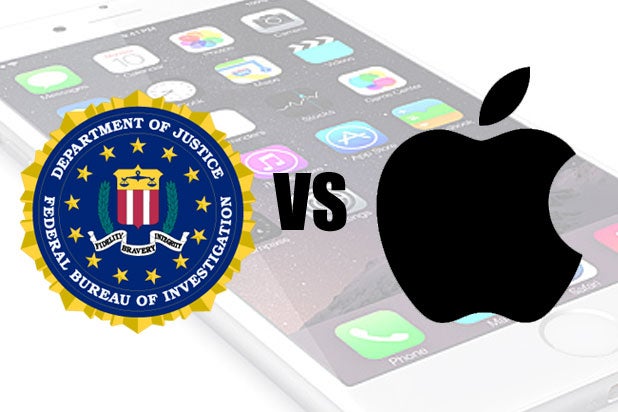[fblike]
 Since the war on terrorism began in 2001, the federal government’s surveillance capabilities have come under scrutiny by civil libertarians, groups such as the American Civil Liberties Union (ACLU), and the national media. On the one hand, advocates of increased surveillance argue that it is necessary to keep Americans safe, while the other side counters that the loss of civil liberties for security is a dangerous precedent that could gradually erode all freedoms. Recently, the Federal Bureau of Investigation (FBI) is attempting to make Apple break its iOS9 operating system so that it can unlock the phone of Syed Farook, one of the two individuals that killed fourteen people in the San Bernardino shootings last year. Federal authorities believe that the phone would reveal Farook’s motivations for the attack and give them a detailed profile of how much contact Farook was having with the Islamic State, but these are mere guesses as to the phone’s contents. Apple has thus far refused to cooperate, arguing that the government has no legal authority to make it to crack its own software. It will likely take years for federal courts to adjudicate this case, but it could have significant ramifications for technology firms in the United States and elsewhere. As such, extempers should be prepared to discuss the implications of this ongoing legal struggle as it will be fodder for questions in technology, terrorism, and constitutional issues rounds.
Since the war on terrorism began in 2001, the federal government’s surveillance capabilities have come under scrutiny by civil libertarians, groups such as the American Civil Liberties Union (ACLU), and the national media. On the one hand, advocates of increased surveillance argue that it is necessary to keep Americans safe, while the other side counters that the loss of civil liberties for security is a dangerous precedent that could gradually erode all freedoms. Recently, the Federal Bureau of Investigation (FBI) is attempting to make Apple break its iOS9 operating system so that it can unlock the phone of Syed Farook, one of the two individuals that killed fourteen people in the San Bernardino shootings last year. Federal authorities believe that the phone would reveal Farook’s motivations for the attack and give them a detailed profile of how much contact Farook was having with the Islamic State, but these are mere guesses as to the phone’s contents. Apple has thus far refused to cooperate, arguing that the government has no legal authority to make it to crack its own software. It will likely take years for federal courts to adjudicate this case, but it could have significant ramifications for technology firms in the United States and elsewhere. As such, extempers should be prepared to discuss the implications of this ongoing legal struggle as it will be fodder for questions in technology, terrorism, and constitutional issues rounds.
This topic brief will explain the FBI’s motivations for wanting Apple to break into Farook’s iPhone, why Apple has thus far refused to cooperate, and assess what some of the implications of the court case could be.
Readers are also encouraged to use the links below and in the related R&D to bolster their files about this topic.




 Here is today’s premium R&D to accompany
Here is today’s premium R&D to accompany